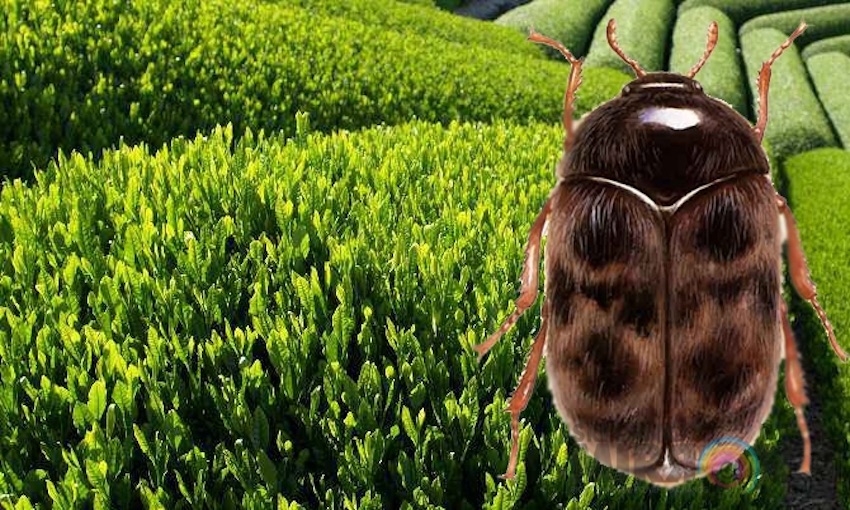THE Department of Agriculture, Water and the Environment will commence the first phase of its plan to combat the khapra beetle (Trogoderma granarium) on 3 September.
The Freight & Trade Alliance has told members that the department has also commenced a three-month trial in Brisbane to obtain more data to assist in combating the khapra beetle.
On 13 August, the department informed stakeholders of its intention to implement urgent actions to address the risk of khapra beetle on high-risk plant products that are hosts of this pest.
As part of these actions, from 3 September the following list of high-risk plant products (in various raw and processed forms for any end use) will not be permitted entry from any country into Australia within unaccompanied personal effects, or within low value air and sea freight (lodged through self-assessed clearance):
The following exclusions apply: goods imported as commercial trade samples or for research purposes, goods that are thermally processed that are commercially manufactured and packaged such as retorted, blanched, roasted, fried, boiled, puffed, malted or pasteurised goods, fresh vegetables, commercially manufactured frozen food and frozen plant products or oils derived from vegetables or seed.
Commercial trade samples include seeds imported for commercial breeding trials.
Failure to comply with these actions will result in export or destruction of the goods upon arrival in Australia.

